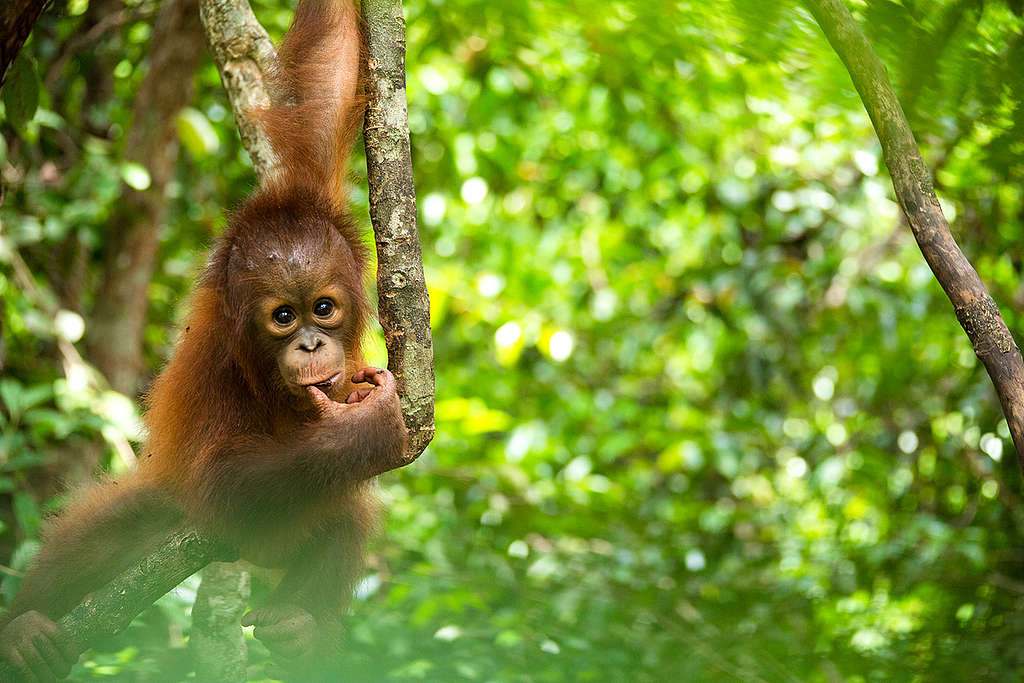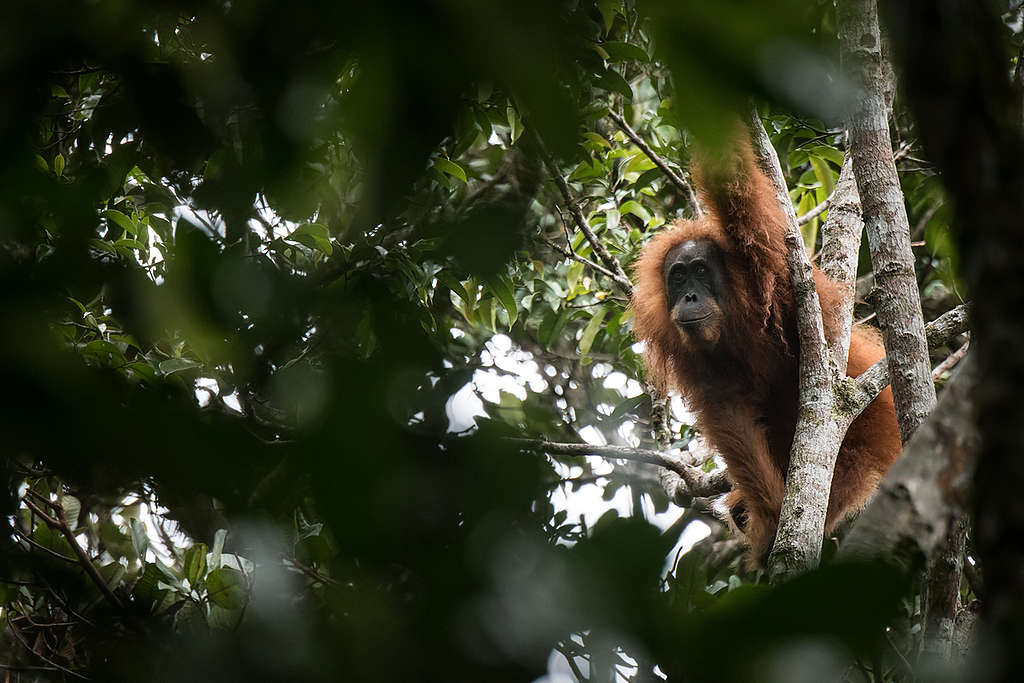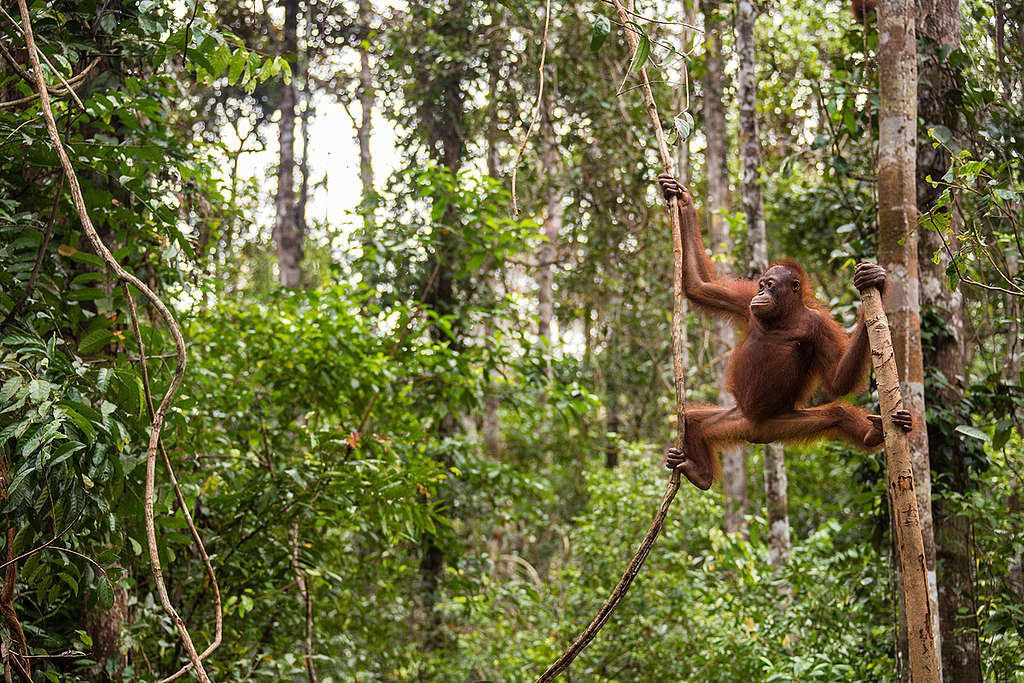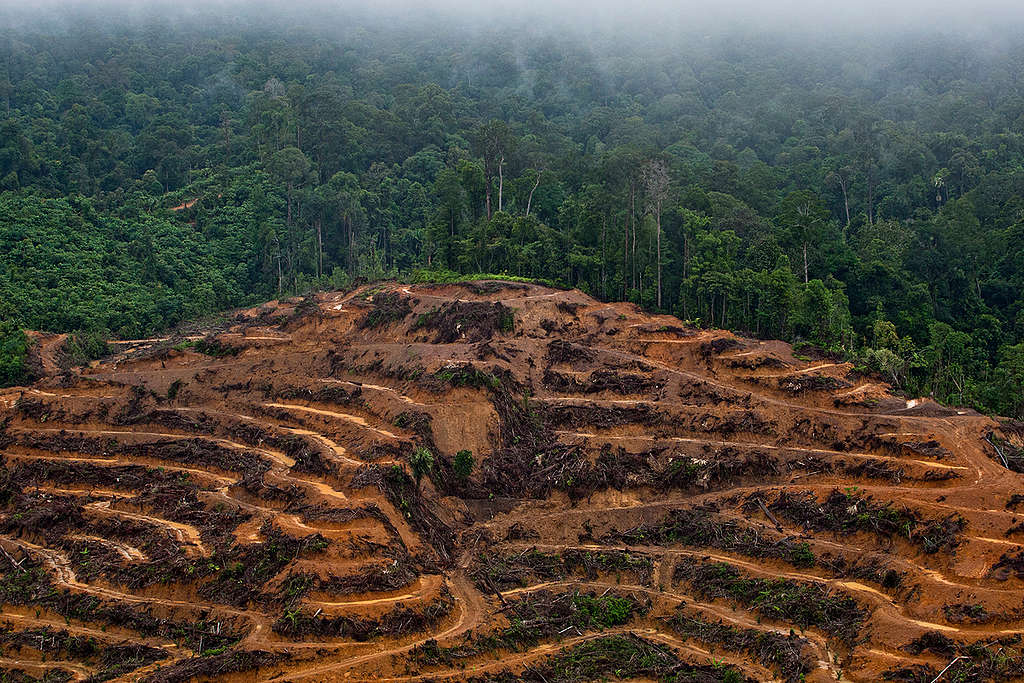Learn about these “Humans of the Forest”
It’s World Orangutan Day! Ever wonder what makes orangutans unique and distinct from other primates? We’re counting down 10 fun facts about orangutans that you oughta know:

10. Uniquely ASEAN – Although quite popular, orangutans can only be found in the rainforests of Southeast Asia, particularly on the islands of Borneo and (northern) Sumatra. 12,000 years ago orangutans could be found in Southern China, but sadly not anymore.
9. Three species now exist – It was previously thought that there were only two species of orangutans: the Borneo orangutan (Pongo pygmaeus) and Sumatra orangutan (Pongo abelii). However, in 2017 another species was discovered: the Tapanuli orangutan (Pongo tapanuliensis).
8. Seriously long arms – Orangutans are usually between 1.2 to 1.5 meters tall but their arm span could measure up to 2 meters! Their feet can even double as hands. Their big toes can easily grasp fruits and grab on branches.
7. They like to go solo – Compared to chimpanzees and gorillas that have more complex social structures, orangutans are solitary creatures. The young usually stay with their mothers but upon reaching adulthood, males tend to live alone.

6. Humans of the Forest – The word orangutan is Malay in origin. ‘Orang’ means human and ‘utan’, derived from ‘hutan‘, means forest, making the orangutan the ‘human of the forest’.
5. Our closest cousins – We humans share nearly 97% of the same DNA with orangutans, making them one of our closest relatives.
4. Nest is best – Orangutans are arboreal which means they spend most of their lives on trees. It’s no wonder that they make their own nests and sleep in them.

3. They can laugh! – Orangutans show laughter-like vocalisations when they wrestle or play with one another. They’re known to tickle each other too.
2. Crafty and smart– Orangutans have been observed using tools to help forage for food or to cross rivers. Experiments have shown how adult orangutans have self-awareness through a mirror test.
1. Their numbers continue to fall – It is estimated that in the last 75 years, over 80 percent of the Sumatran orangutan species have been lost. Their rainforest homes are being destroyed to make way for palm oil plantations, putting the orangutan population seriously under threat. Palm oil is an ingredient used to make products for brands like Unilever, Mondelez and Nestlé.

When these forests are destroyed, local people lose their homes and amazing species like orangutans are put in danger. We can change this. Palm oil can be produced without destroying rainforests. Consumers like us need to put pressure on these household brands, and let them know that their involvement with dirty palm oil is unacceptable.
If we don’t act now, more orangutan species could be lost for good. Forests just wouldn’t be the same without their resident humans.

Discussion
i love orangutans